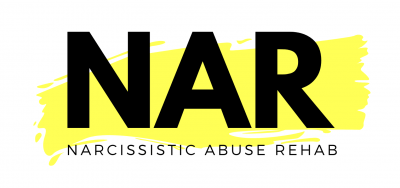Learn effective strategies for college students on how to navigate their studies while recovering from emotional abuse.
Manipulation
Manipulation is the deliberate and deceptive practice of influencing or controlling others to serve one’s own interests or agenda. It involves using tactics such as lies, guilt-tripping, gaslighting, or emotional appeals to gain power and advantage over the target. Manipulation can undermine trust and autonomy, causing emotional harm to the victims.
In a narcissistic love story, trust is weaponized to manipulate the person they seek to exploit. Learn how to recover from the betrayal.
Sexual assault lawsuit filed by Liza Gardner against Sean ‘Diddy’ Combs and Aaron Hall, alleges intimidation and non-fatal strangulation.
Understanding Narcissistic Abuse: Learn about the cycle, signs, and recovery from emotional manipulation and toxic dynamics.
Hoovering is a term used to describe a manipulation tactic used to re-engage survivors in the cycle of narcissistic abuse.
Triangulation is a manipulation tactic commonly used by to assert power and control in the context of the narcissistic abuse cycle.
Discover the most common isolation strategies used by narcissistic people to assert power and control in their relationships.
Discover how to spot the signs that you are in an affair with a narcissist. Learn to safely plan your exit and make a recovery plan.
Learn about DARVO in toxic relationships. Discover the signs of the deny, attack, reverse, victim, and offender manipulation tactic.
Conflict resolution with high conflict personalities and lessons from ‘Succession’, ‘Dirty John,’ and Tina Turner with Samantha Drum, Esq.










